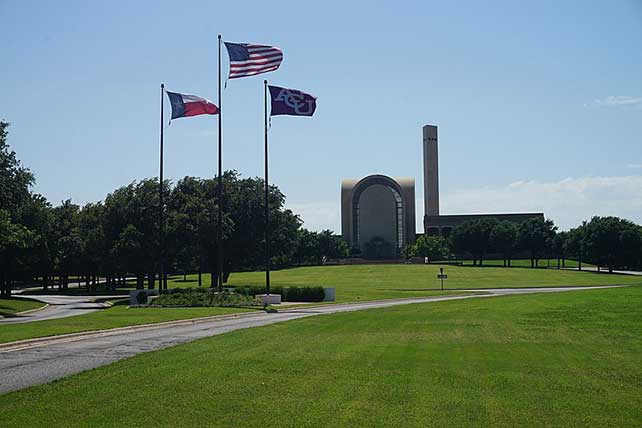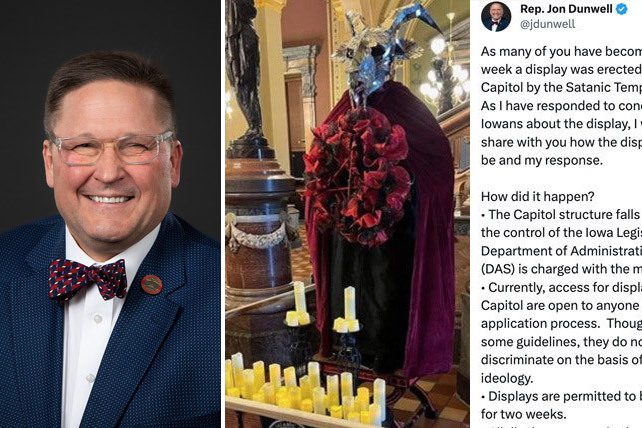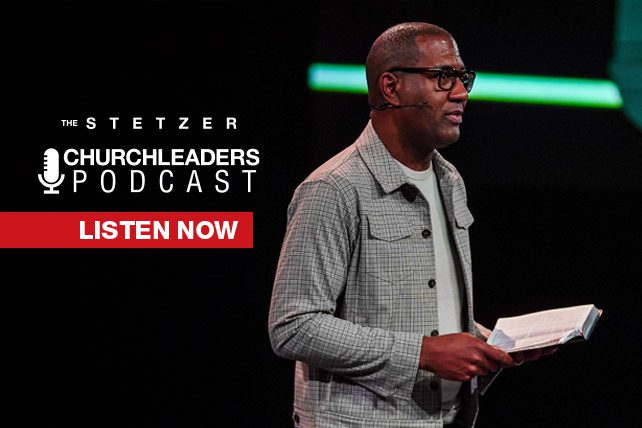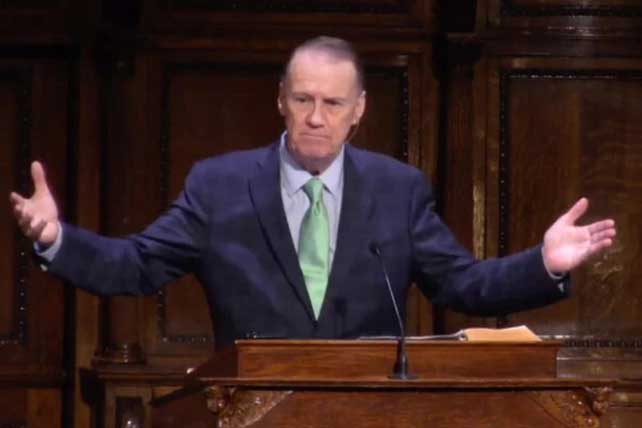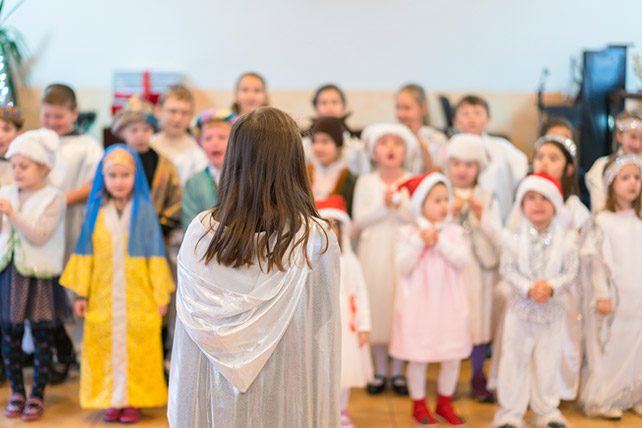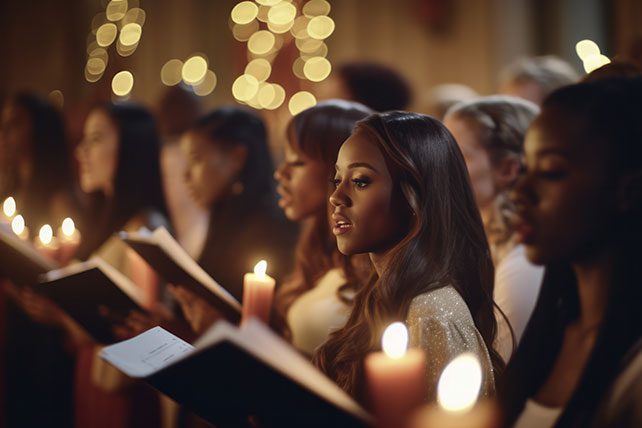(RNS) — Abilene Christian University is revisiting its sexuality policy after over 2,000 students, alumni and friends of the university voiced concerns about Holy Sexuality Week, a school event on relationships and sexuality some claimed included one-sided, exclusionary messages about LGBTQ people.
“You gave a public platform to people who denied the lived reality of LGBTQ+ Christians, claimed inaccurately that homosexuality lacks a genetic basis, and made the ludicrous and hateful statement that ‘the opposite of homosexuality is holiness,’” said a Nov. 16 letter written by Wildcats for Inclusion, a new alumni group formed in the wake of Holy Sexuality Week.
In an email to the group, university President Phil Schubert said the board of trustees plans to review the school’s “Sexual Stewardship Policy” in January. But in an interview with Religion News Service, Schubert said that while he can’t speak for the board, he doesn’t expect the policy to change, largely because the board dedicated extensive time to researching, praying over and developing its policy in 2017.
RELATED: Seattle Pacific University Targets LGBTQ Displays With New Policy, Say Critics
That policy calls for “chastity outside of marriage between a man and a woman” and for the university “to create an inclusive environment for all students — even those who disagree with ACU’s beliefs — so long as they refrain from sexual activity outside of marriage between a man and woman.”
“We don’t have a neutral position on this,” Schubert said in response to concerns about one-sided messaging at the event. “We’re a faith-based institution of higher learning that is governed by a board of trustees that is deeply faith committed. And so they’ve chosen to provide some guidance on this. So I understand that some would like there to be equal representation of affirming and traditional views of marriage, but that’s not where the university sits today. And it’s not what we feel is the responsibility we have to teach and mentor students according to what we believe the Bible instructs.”

Phil Schubert. (Photo courtesy of Abilene Christian University)
From Nov. 6-9, the school, which is affiliated with Churches of Christ, hosted a handful of speakers who addressed topics related to sex and sexuality. Ninety percent of those speaking events, Schubert said, were not focused on same-sex relationships. Perhaps the most controversial speaker was Christopher Yuan, a speaker and author who has taught at Moody Bible Institute and who used to identify as gay. In his chapel session, Yuan emphasized God’s unconditional love but added that love doesn’t include unconditional approval of a person’s behavior.
“The opposite of homosexuality is holiness,” said Yuan. “In fact, the opposite of every sin struggle is holiness.”
Yuan also said that just as people who struggle with depression shouldn’t make their identity about being depressed, people shouldn’t make being gay their identity. He went on to compare identifying as gay to identifying with watching pornography or committing adultery. “None of us should put our identity in our sin struggle,” he said.
Wildcats for Inclusion said in a Dec. 5 letter posted online: “By our count, Christopher Yuan alone compared homosexuality to two mental illnesses, a horrific disease, and a majority of the so-called ‘Seven Deadly Sins’ from Proverbs. Even as he rightly and admirably condemned the bullying of queer people, he perpetuated the conditions that allow bullying to occur.”
In response to a request for comment, Yuan directed RNS toward Luke 9:23, which says “If anyone would come after me, let him deny himself and take up his cross daily and follow me.” He also pointed to the conclusion of his chapel lecture, where he said that rather than summarizing his story by saying he is no longer gay, his story is really about finding Christ. “I once was lost and now I’m found. I once did not believe and now I believe in the Son of God and his name is Jesus.”
Schubert said each of Holy Sexuality Week’s sessions, including Yuan’s, effectively balanced truth and love and was pervaded with a “spirit of kindness and compassion.” Schubert said he would not characterize any of the speakers’ remarks as “hateful.” While society often interprets disagreement as hateful, he said, Abilene Christian strives to have effective conversation about a host of relevant topics, “and even in our disagreement, reflect love and compassion that is from God.”
Some students, including over 100 LGBTQ students who signed the Nov. 16 Wildcats for Inclusion letter, said they felt the series didn’t allow room for complexity or discussion. In addition, the Dec. 5 letter from Wildcats for Inclusion included testimonials from students who said that in the wake of Holy Sexuality Week, they were “harassed online,” experienced panic attacks and heard a student joke that “all gay people deserve to die.”
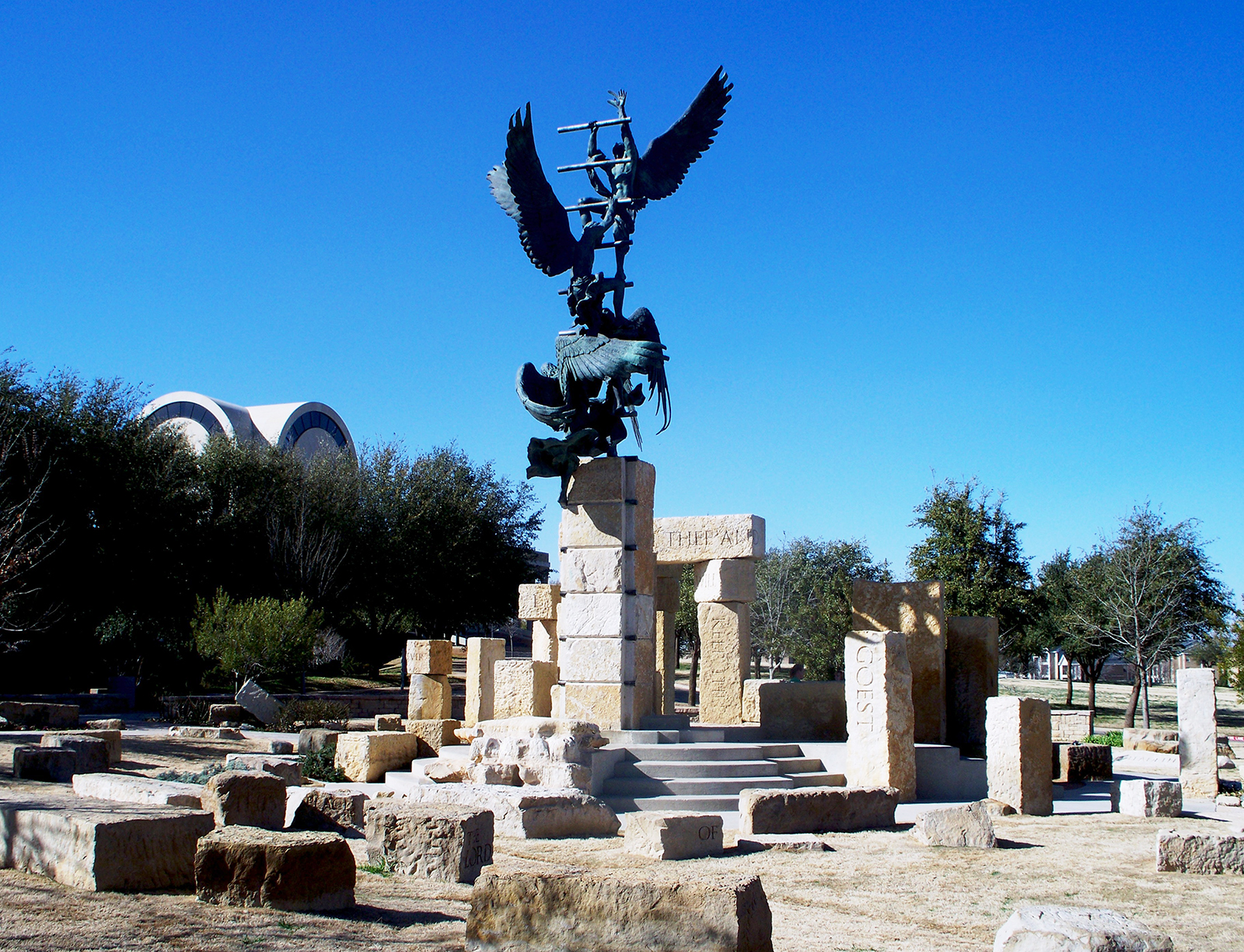
“Jacob’s Dream” statue and artwork on the campus of Abilene Christian University. (Photo by Richard David Ramsey/Wikipedia/Creative Commons)
“The topic was presented as if it were to be discussed as a conversation with multiple viewpoints. Instead there was only one viewpoint: Don’t be gay and if you choose to be so, you have to stay celibate,” Brinkley Zielinski, a first-year student at the university, told RNS. “I was also appalled to hear homosexuality be compared to depression, but also an eating disorder,” Zielinski said, noting that one of the other speakers had argued that supporting homosexuality is the same as someone supporting an anorexic friend starving themself.


